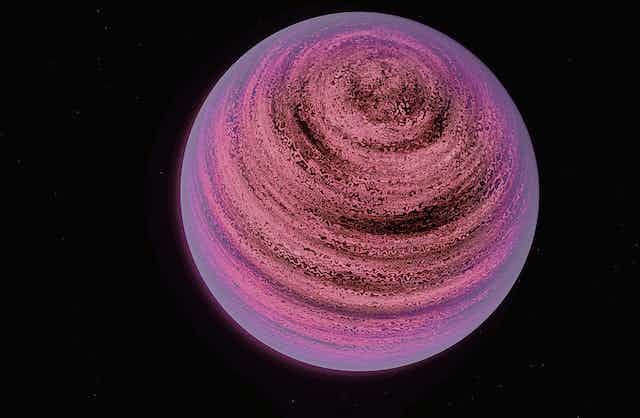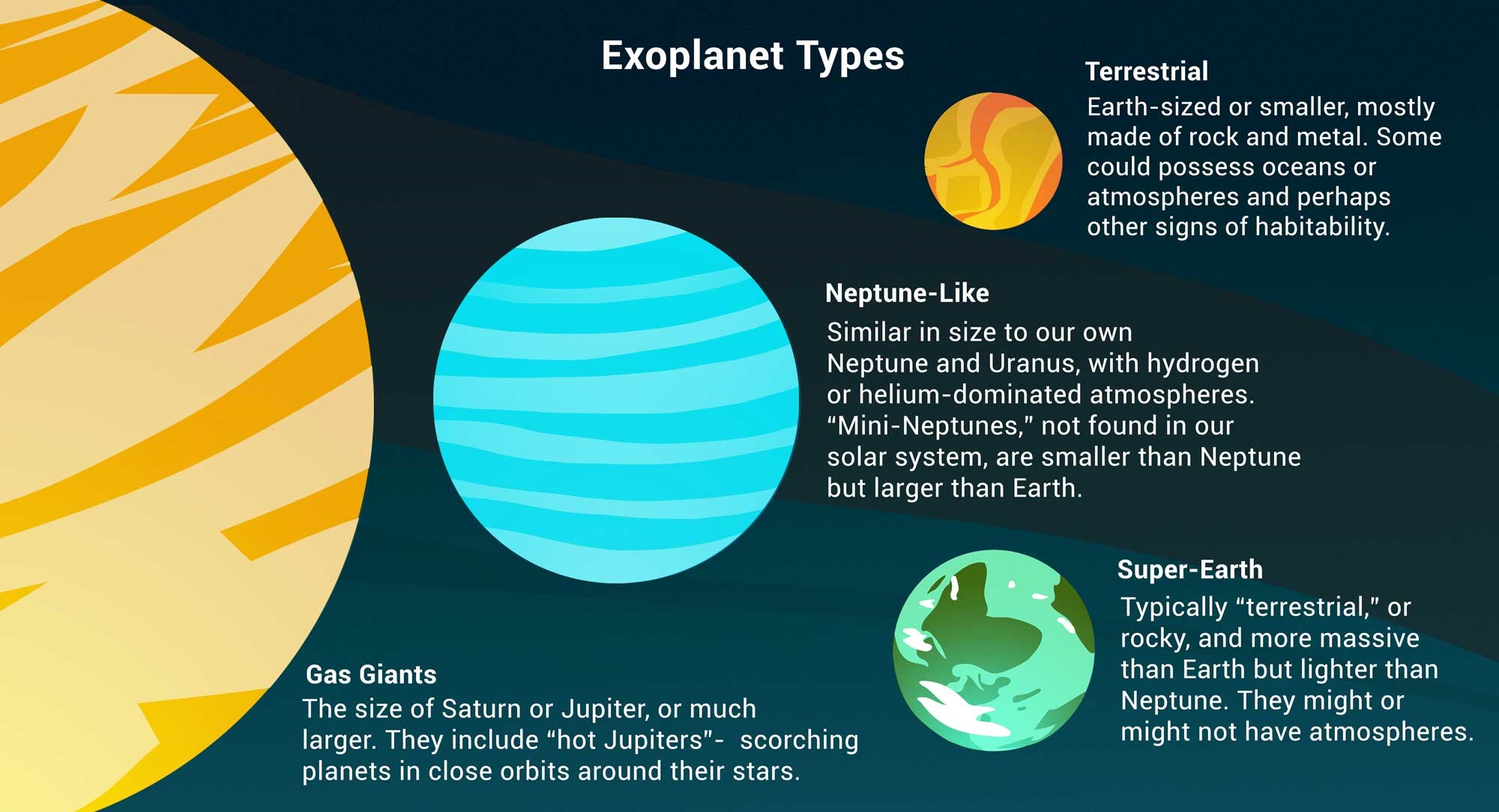Free Courses Sale ends Soon, Get It Now


Free Courses Sale ends Soon, Get It Now



Disclaimer: Copyright infringement not intended.
Context
Exoplanet: Key Facts

READ: https://www.iasgyan.in/daily-current-affairs/exoplanet-hd106906-b
|
PRACTICE QUESTION Q. Consider the following statements. a) The first exoplanet detected was Gamma Cephei Ab in 1998. b) The closest exoplanet to our Earth is the exoplanet, which orbits the star Proxima Centauri, located at only 4.2 light-years away from Earth. c) The smallest exoplanet ever discovered is Kepler-37b. d) The biggest exoplanet currently known is HAT-P-67 b. Which of the following statements are incorrect? 1. a and c 2. b and d 3. b, c and d. 4. None of the above. Correct Answer: Option 4. (All are Correct) |
© 2024 iasgyan. All right reserved